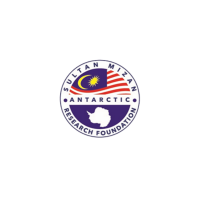Isoprene Hotspots at the Western Coast of Antarctic Peninsula during MASEC′16
The hotspots of isoprene over maritime Antarctic were then were investigated using NAME dispersion model reanalysis. Measurements showed that isoprene mixing ratio were the highest over region of King George Island, Deception Island and Booth...

